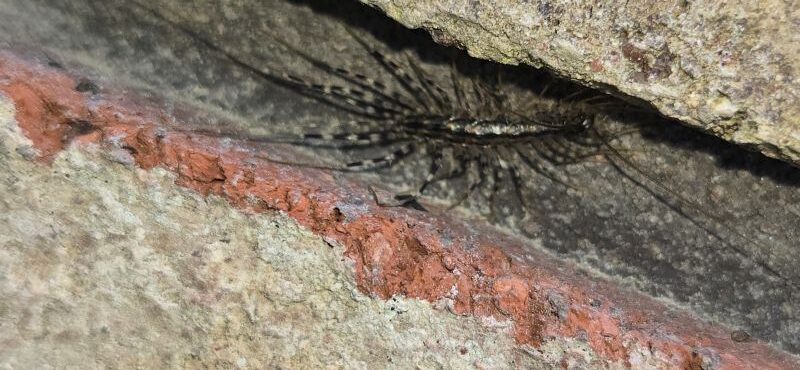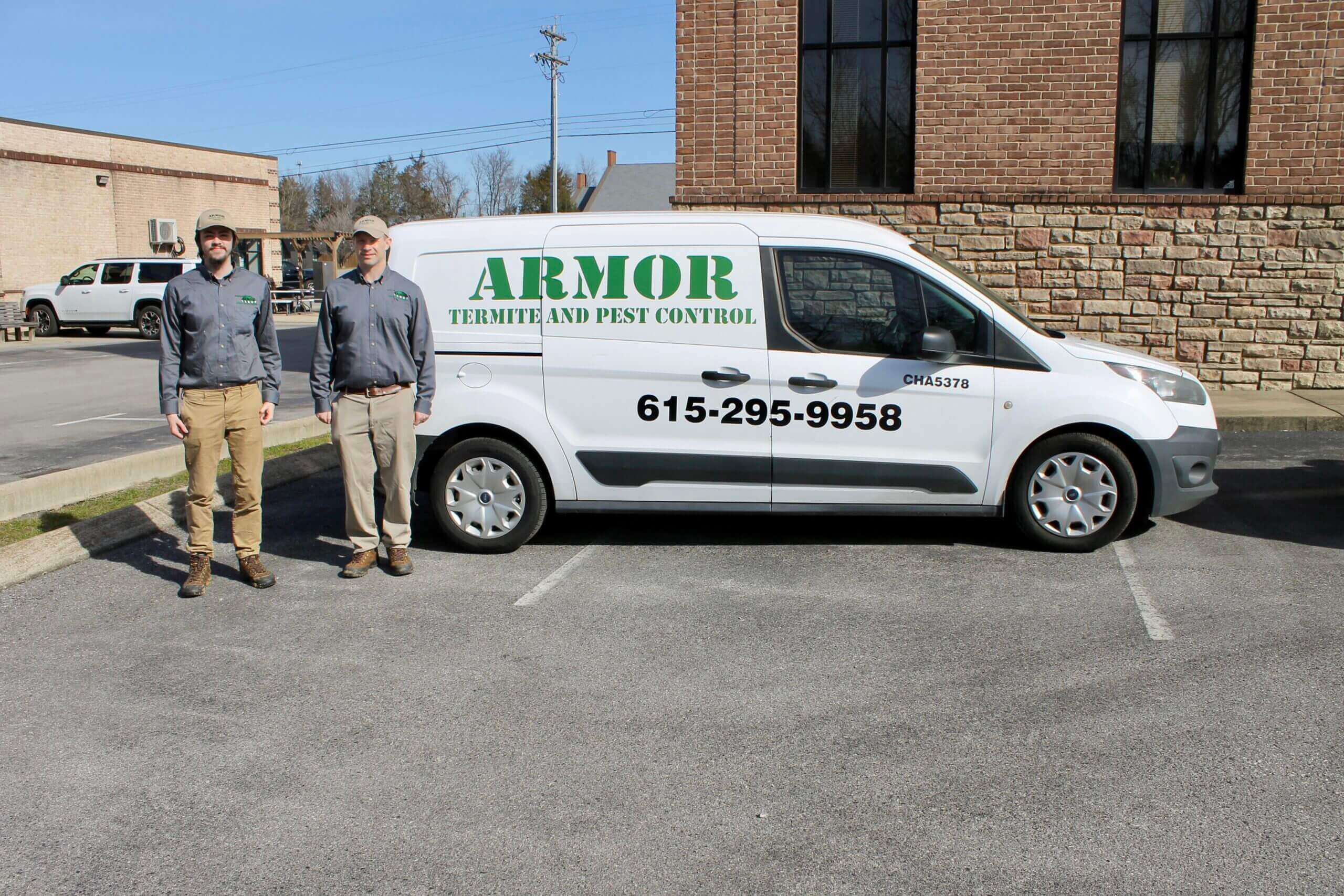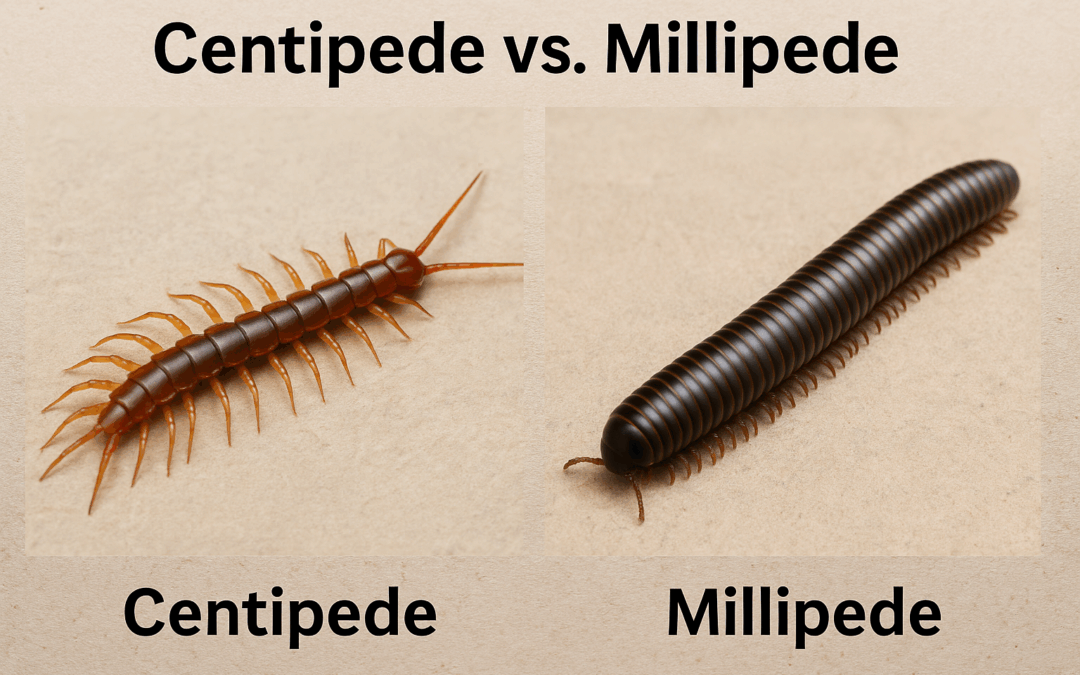
Fall Centipede and Millipede Prevention Guide for Mt. Juliet Homeowners
If you’ve lived in Mt. Juliet for more than a year, you’ve probably had that October moment—walking into your basement or laundry room only to spot a many-legged visitor scurrying across the floor. You’re not alone, and it’s not random. October through November brings Middle Tennessee’s peak centipede and millipede invasion season, and as local pest control experts, we see the same patterns year after year in neighborhoods from Providence Marketplace to the established homes in Belinda City.
Here’s what every Mt. Juliet homeowner should know about why centipedes invade houses in October and how to prevent millipedes in homes during fall—especially if you’re dealing with our area’s challenging clay soil and crawl space construction.
Why October Hits Mt. Juliet Homes So Hard
Living “between the lakes” has its perks, but Percy Priest Lake and Old Hickory Lake create moisture conditions that keep arthropod populations thriving longer into fall than you might expect. When October’s temperature swings hit—those 80-degree days followed by 45-degree nights—these cold-blooded creatures start looking for stable shelter.
Wilson County’s clay soil makes the problem worse. If you’ve ever tried to dig in your yard after a rain, you know how our limestone-derived clay holds onto water. While sandy soils drain quickly, our clay drains at less than 0.05 inches per hour. That means moisture lingers around your foundation much longer, creating the humid conditions these pests need to survive.
Add in the fact that most Mt. Juliet homes (about 60% built after 2000) have crawl spaces that start getting heated in October, and you’ve created the perfect storm—cool, damp outdoor conditions pushing pests toward warm, consistently humid indoor spaces.

Meet Your Unwelcome Fall Visitors
House Centipedes are probably what you’re seeing if you’ve had that startling bathroom encounter. These yellowish-gray speedsters with their impossibly long, striped legs can live their entire lives in your heated home, which is why fall prevention matters so much.
American Giant Millipedes are the chunky, 3-4 inch black ones you might find curled up by your front door after a storm. They’re harmless but can stain surfaces and secrete fluids that irritate skin if handled.
Greenhouse Millipedes are the sneaky ones—only about an inch long with white legs, but they’re pros at establishing populations in damp crawl spaces. If you’re finding small, dark millipedes indoors regularly, these are likely your culprits.
Why Mt. Juliet Homes Are Sitting Ducks
Our housing tells a story that pest control professionals know well. Crawl space construction dominates Mt. Juliet’s landscape, and while it made sense for our moderate climate, it creates ongoing challenges. Whether you’re in a newer development like Stone Creek or an established neighborhood like Willoughby Station, clay soil movement creates foundation cracks and gaps that serve as arthropod highways.
If you live near Cedar Creek or in one of our valley areas, you’ve probably noticed drainage challenges. The clay soil that makes our yards beautiful also expands and contracts with every weather change, opening new entry points just when fall pest pressure peaks.
Even newer construction isn’t immune. Disturbed soil from development often creates temporary drainage issues, and homes in areas like Baird Farms may experience settling that opens gaps during their first few fall seasons.
Need Quarterly Pest Control
At Armor Termite & Pest Control, we understand that your home should be a place of comfort, health, and peace of mind—not a battleground against unwanted pests. That’s why we’ve developed a comprehensive quarterly pest control program that goes beyond quick fixes. Our proactive, year-round approach not only targets existing infestations but also helps prevent new ones, giving you the confidence of knowing your home is constantly protected.
Smart Prevention That Actually Works
Start your preparation in September—trust us, waiting until you see them is too late. Here’s what we recommend based on years of helping Mt. Juliet families:
Around your foundation: Walk your property and remove all leaves, mulch, and organic debris within 18 inches of your home. Pay extra attention to crawl space doors and anywhere your landscaping might trap moisture—this is especially important in neighborhoods like Providence and Nichols Vale where decorative plantings often sit close to foundations.
Moisture management: Check your gutters and downspouts. In our clay soil environment, water needs to flow at least 6 feet away from your foundation. Fix any plumbing leaks immediately, especially if they affect crawl spaces where moisture problems compound quickly.
Seal the gaps: Use a flashlight to inspect your foundation for cracks—clay soil movement means new ones appear regularly. Don’t forget door sweeps and weatherstripping, which are crucial for the ranch-style and split-level homes popular throughout Mt. Juliet.

Why Armor Understands Mt. Juliet
We’ve been serving Wilson County long enough to know that what works in Nashville’s sandy areas doesn’t work here. Our team understands how clay soil behaves during seasonal changes, why certain neighborhoods face specific challenges, and how to design solutions that work with Mt. Juliet’s construction patterns.
Whether you’re dealing with an older home in Belinda City that needs updated moisture barriers or a newer home in Providence with construction-related drainage issues, we’ve seen it before. Our approach addresses Wilson County’s unique conditions—from soil characteristics to seasonal weather patterns—rather than applying generic solutions.
We time our services around Middle Tennessee’s secondary severe weather season because we know October-November is when Mt. Juliet homeowners need protection most.
Protecting Your Mt. Juliet Home This Fall
You don’t have to accept fall pest invasions as part of living in Mt. Juliet. With the right understanding of our local conditions and properly timed prevention strategies, you can enjoy your home year-round without unwelcome arthropod visitors.
The key is acting before October’s peak invasion period begins and addressing the moisture conditions that make your home attractive in the first place. If you’re tired of the annual invasion cycle or dealing with ongoing moisture issues, we’re here to help with solutions designed specifically for Wilson County’s challenging environment.
Ready to reclaim your basement and crawl space? Contact Armor Termite and Pest Control for a consultation tailored to your neighborhood’s specific challenges. We understand Mt. Juliet’s unique conditions, and we’re committed to helping our neighbors enjoy pest-free homes.
Are centipedes and millipedes dangerous?
Are centipedes and millipedes dangerous?
Centipedes can bite and inject venom, though most house centipedes pose minimal risk to humans. Bites may cause localized pain, swelling, and redness similar to a bee sting. Larger centipedes can deliver more painful bites.
Millipedes do not bite or sting. However, some species can secrete defensive fluids that may cause skin irritation or staining. They’re generally harmless to humans but can be a nuisance in large numbers.
.
Why are centipedes and millipedes coming into my home?
Both pests are attracted to:
- Moisture – They need humid environments to survive
- Food sources – Centipedes hunt other insects; millipedes feed on organic matter
- Shelter – They seek dark, cool hiding spots
- Weather changes – Heavy rains or drought can drive them indoors
Can I treat centipede and millipede problems myself?
While some DIY methods exist, professional treatment is often more effective because:
- Professionals can identify entry points you might miss
- Commercial-grade products provide longer-lasting results
- Treatment plans address both current infestations and prevention
- Proper application ensures safety for your family and pets
Are your treatments safe for children and pets?
Yes, Armor Termite and Pest Control uses EPA-approved products and follows strict safety protocols. We recommend keeping children and pets away from treated areas until products dry (typically 2-4 hours). Our technicians will provide specific safety instructions during service.
Do you offer guarantees on centipede and millipede treatments?
Armor Termite stands behind our work with service guarantees. If you continue to see centipede or millipede activity between scheduled services, we’ll return at no additional charge to address the problem.

